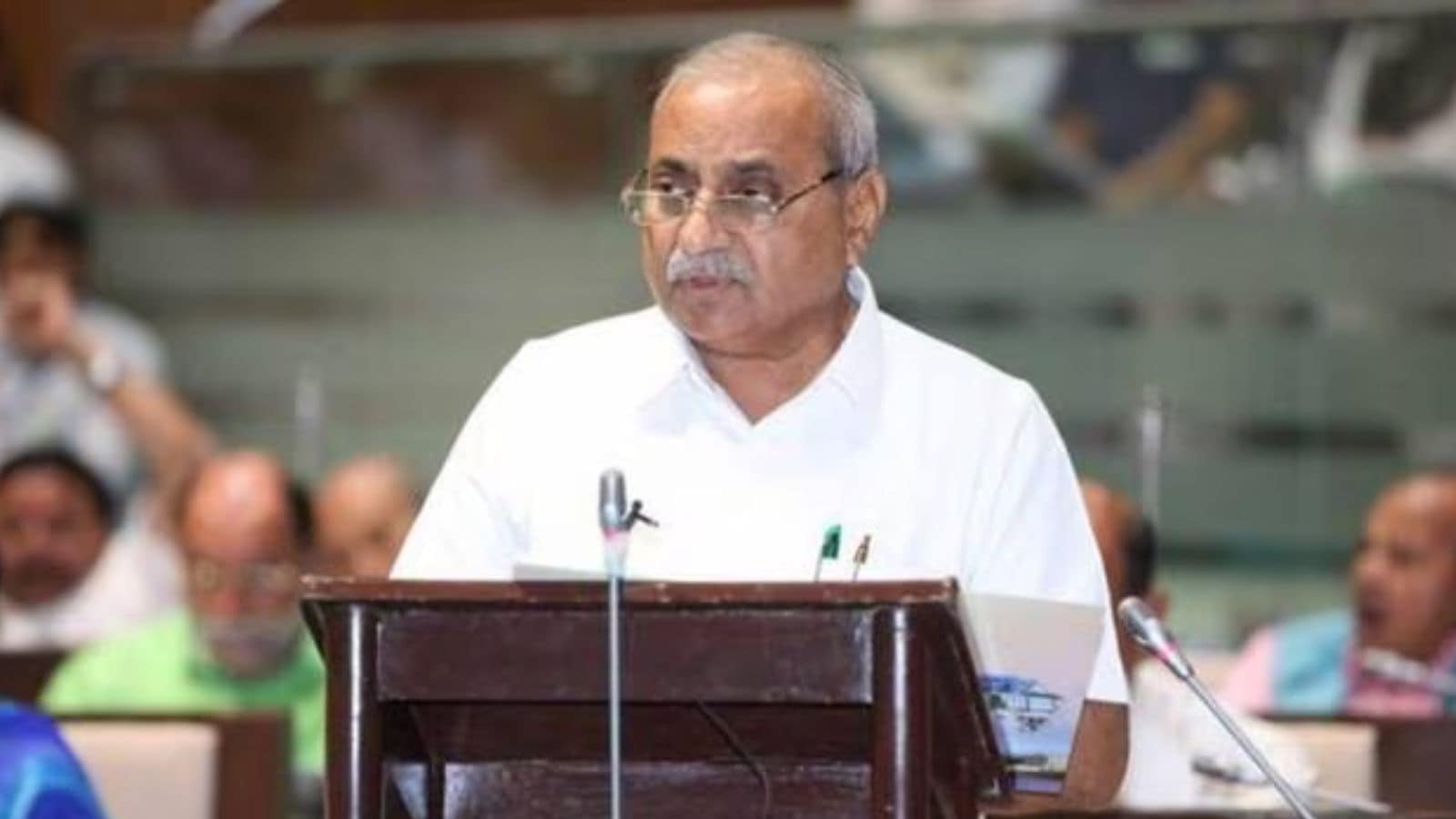 |
|
The recent deportation of 104 Indians from the United States has sparked a wave of reactions, with prominent figures expressing their views on the matter. Among them is Nitin Patel, the former Deputy Chief Minister of Gujarat, who voiced his sympathy for the deportees. His statement, delivered via a Facebook video, highlights a complex issue that touches upon immigration policies, the experiences of Indian immigrants in the US, and the role of political figures in addressing such concerns. Patel's assertion that these individuals followed American laws while residing in the US is a significant claim, requiring further investigation and context. The statement raises questions regarding the nature of their immigration status, the reasons for their deportation, and the support systems available to those repatriated to India. This incident underscores the often precarious position of immigrants navigating complex legal landscapes, and the subsequent challenges they may face upon repatriation.
Patel's sympathy, while seemingly compassionate, also presents a potential political dimension. His public statement might be interpreted as an attempt to connect with the affected community, garnering support within his constituency. It’s important to consider the political motivations behind such public pronouncements, particularly given the sensitive nature of immigration issues and the potential political ramifications involved. His emphasis on the deportees' adherence to US law is strategically significant, potentially framing the situation as one of injustice rather than an issue of illegal immigration. This carefully crafted narrative can sway public opinion and place pressure on relevant authorities. Analyzing this statement requires a multi-faceted approach, considering its human aspect, its potential political implications, and its wider implications on India-US relations.
The broader context of this situation extends beyond the immediate impact on the 104 individuals involved. The incident raises questions about the effectiveness of existing immigration policies in both the US and India. It necessitates a review of the support systems provided to those deported, including assistance with reintegration into Indian society. It also serves as a reminder of the challenges faced by Indian immigrants navigating the complex legal framework of the United States. The implications also extend to the diplomatic relations between the US and India, prompting discussions on cooperation in immigration matters and the protection of the rights of Indian citizens residing in the US. Furthermore, this case could spur renewed conversations on immigration reform, both within the US and in India, potentially leading to changes in policies that better protect the rights and well-being of migrants.
The case of the 104 deported Indians necessitates a deeper understanding of the legal processes involved. Examining the specifics of their immigration status, the reasons for their deportation, and the due process afforded to them is crucial. Were there any procedural errors or injustices committed during the deportation process? Did they have access to legal representation? These questions are essential to determining the validity of Patel's claim that they followed all American laws. Moreover, the incident highlights the limitations of existing legal frameworks in protecting the rights of migrants, highlighting the need for stronger support systems and improved communication channels between the US and Indian governments. The need for robust legal mechanisms to handle such cases fairly and transparently is paramount.
Looking forward, this incident should serve as a catalyst for improving both immigration policies and support systems for those deported. The Indian government needs to proactively engage with the deported individuals, providing them with the resources they require to rebuild their lives in India. This includes job placement assistance, financial support, and psychological counseling. Simultaneously, there needs to be a focus on improving the communication channels between Indian and US authorities to prevent similar situations in the future. Collaborative efforts to streamline the immigration process, ensuring greater transparency and fairness, are crucial. This requires a commitment from both governments to work together to create more humane and effective immigration systems that protect the rights of individuals and respect the principles of international cooperation.
